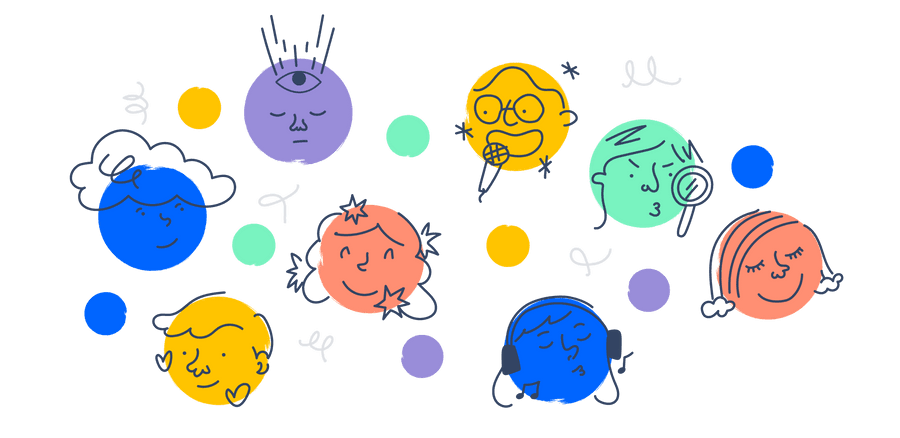How Accurate Are Personality Tests?
Curated from: scientificamerican.com
Ideas, facts & insights covering these topics:
5 ideas
·3.6K reads
16
Explore the World's Best Ideas
Join today and uncover 100+ curated journeys from 50+ topics. Unlock access to our mobile app with extensive features.
Most personality tests are invalid
Personality tests have been formulated to find the real you, but many of these tests are not tested scientifically and are more a pseudoscience.
One famous example of a commercial personality test is the Myers-Briggs Type Indicator that divides people into 16 different "types". The assessment will suggest certain career or romantic pairings. Psychologists say the questionnaire is one of the worst personality tests because a person's type may change from day-to-day.
97
1.06K reads
Early 20th century personality tests
Personality questionnaires started about a century ago.
- The questions during WWI were geared to study personality and mental health problems to weed out soldiers who weren't fit to fly military aircraft.
- Academics created different personality scales on what personality is like. The problem with the majority of the assessments at the time was they were built on the creator's subjective feelings about personality.
73
680 reads
The Big 5 model
One personality model survived the 20th century. It's called the Big 5 Personality Traits (5-Factor Model). It was developed in 1961 and since have been developed into its modern form.
The Big 5 model takes a holistic approach by compiling every word that could be considered a personality trait and creating simple questions about them. Based on how people answered initial surveys, researchers used statistical methods to group traits that seemed to go together.
82
568 reads
The simplicity of the Big 5 model
The Big 5 model group characteristics into five basic categories. Extraversion, conscientiousness, agreeableness, neuroticism and openness to experience.
- It doesn't sort anybody into a "type," just informs where a person will fall on a continuum.
- You won't uncover anything surprising about yourself.
- At best, you could use it as a comparative tool to tell you how your rank on extroversion compared with others who have taken the test.
81
525 reads
Problematic personality assessments
Personality assessments targeted toward hiring recruiters and managers assume there is a hidden truth about you that can match you up to a job. But there isn't any hidden truth that a personality test can uncover.
Personality is not that mysterious. If the assessment process seems confusing or if questions deviate into the abstract, that's a red flag.
77
775 reads
IDEAS CURATED BY
Joanne (Jo)'s ideas are part of this journey:
Learn more about personaldevelopment with this collection
Conducting effective interviews
Identifying the right candidates for the job
Creating a positive candidate experience
Related collections
Similar ideas
1 idea
Why Your Brain Needs More Downtime
scientificamerican.com
2 ideas
How Memories are Maintained Over Time
scientificamerican.com
5 ideas
What Near-Death Experiences Reveal about the Brain
scientificamerican.com
Read & Learn
20x Faster
without
deepstash
with
deepstash
with
deepstash
Personalized microlearning
—
100+ Learning Journeys
—
Access to 200,000+ ideas
—
Access to the mobile app
—
Unlimited idea saving
—
—
Unlimited history
—
—
Unlimited listening to ideas
—
—
Downloading & offline access
—
—
Supercharge your mind with one idea per day
Enter your email and spend 1 minute every day to learn something new.
I agree to receive email updates

